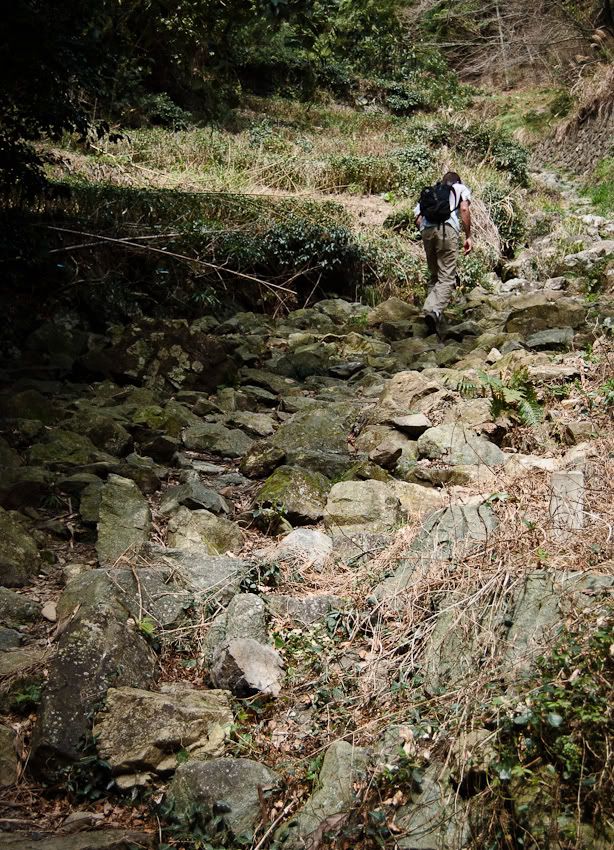For those of you who glanced at the title and may have thought, “this isn’t for me; I’m not into all that hippie stuff,” I hope that at least one of these resources may still interest you. Of course, some of you may also wonder why this is necessary, as most drug/daily goods stores supply more beauty and body products than anyone will probably ever need. No, most of the products are not natural or organic, though recently I have noticed a change and have seen more of these types of products being sold at regular stores. It gives me hope! Anyway.
I won't go into that argument entirely, but I do strongly encourage everyone to examine what they are using on their bodies, and decide for themselves if those are risks they want to take or not. To read up on what is used in Western products, the Environmental Working Group has a lot of information and rates ingredients on it's scale of possible harm, from 0 (none) to 10 (very harmful/toxic). Though some products in Japan use different ingredients, I've also noted many similarities as well. Nonetheless, it is informative and kind of fun to check out.
With that said, for those of you out there who love and prefer using organic/natural products, or even those that wish to try, and want to know how to find them in Japan, here's what I've got so far.



